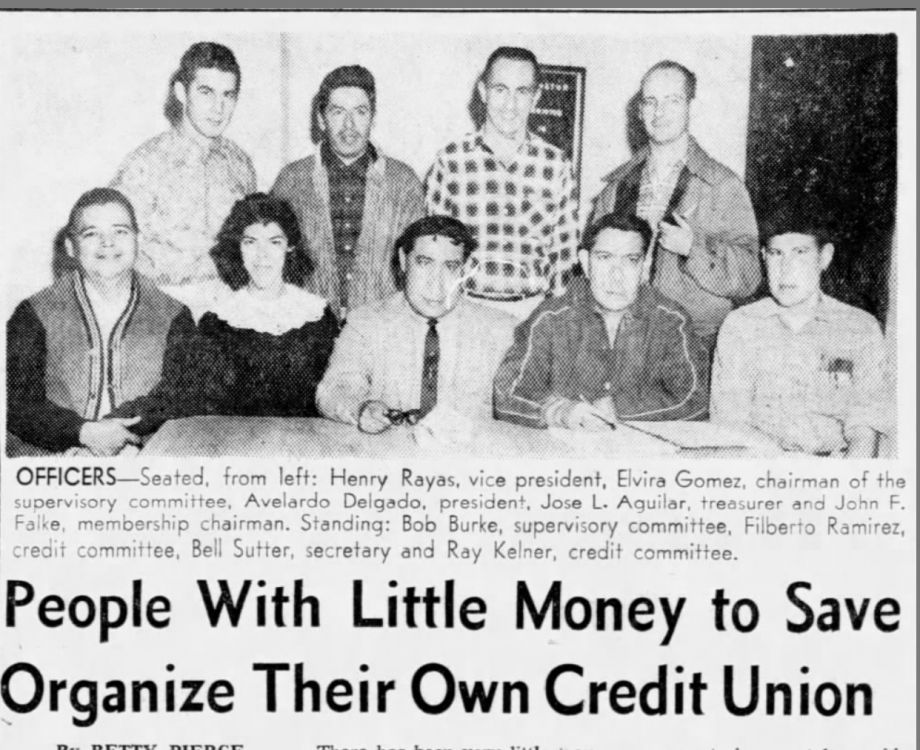Disruption is both an adjective and a noun. A word to describe changes upsetting the status quo in a market. And a way to compete against larger and stronger foes.
The business theory with this name was formalized by Clayton Christensen. In this interview with MIT magazine the essential ideas are laid out. He describes the circumstances as follows:
Disruptive innovation describes a process by which a product or service powered by a technology enabler initially takes root in simple applications at the low end of a market — typically by being less expensive and more accessible — and then relentlessly moves upmarket, eventually displacing established competitors.
Disruptive innovations are not breakthrough innovations or “ambitious upstarts” that dramatically alter how business is done but, rather, consist of products and services that are simple, accessible, and affordable.
In this process identifying the “job to be done” for the consumer is an important insight. See below for the example of a disruptive example coming at credit unions from below.
The Adjective
A second approach to understanding disruption is to identify some consequences that become visible in markets when the process is at work. Is the credit union system being disrupted? What would be indicators? Who is doing it?
Author and speaker Greg Satell wrote in an April 1, 2023 article “4 Signs Your Industry is Being Disrupted.” Among the four are events that may be familiar. Note he is not writing about credit unions or even financial services. Some of his terminology may seem more appropriate to manufacturing, but I believe his observations are still helpful in understanding where competitors are emerging.
One sign is maturing technology. The truth is that every major technology has a similar life cycle called an S-curve. It emerges weak, buggy and flawed. Adoption is slow. In time, it hits its stride and enters a period of rapid growth until maturity and an inevitable slowdown. That’s what’s happening now with digital technology and we can expect many areas to slow down in the years to come.
A second is consolidation, or mergers. Yet when an industry is in decline, the forces external to the industry get the upper hand. With new market entrants and substitutes becoming more attractive, customers and suppliers are in a position to negotiate better deals, margins get squeezed and profits come under pressure.
That’s why a lot of consolidation in an industry is usually a bad sign. It means that firms within the industry don’t see enough opportunities to improve their business by serving their customers more effectively, through innovating their products or their business models. To maintain margins, they need to combine with each other to control supply (or I might call it vendor relationships).
The third response he calls “rent seeking and regulatory capture.”
The goal of every business is to defy markets. Any firm at the mercy of supply and demand will find itself unable to make an economic profit — that is profit over and above its cost of capital. . .
That leaves entrepreneurs and managers with two viable strategies. The first is innovation. Firms can create new and better products that produce new value. The second, rent seeking, is associated with activities like lobbying and regulatory capture, which seeks to earn a profit without creating added value. In fact, rent seeking often makes industries less competitive. . .
It seems like they (rent seeking industries) are getting their money’s worth. . .Occupational licensing, (read new charters) . . . restrictions have coincided with a decrease in the establishment of new firms. If your industry is more focused on protecting existing markets than creating new ones, that is one sign that it is vulnerable to disruption.
His fourth indicator he calls the Inevitable Scandals. He cites Thernos and WeWork as examples.
He might have included the ongoing compliance problems at Wells Fargo or the recent failures of well capitalized institutions such as Silicon Valley and Signature banks as “scandals”—although it is still unclear who all the contributors to these failures are.
Who Is Coming After Credit Unions’ Members?
Disruption is a constant factor in competitive markets. Firms try to respond to these pressures in both self-protective ways as well as the more formal response in Christensen’s theory.
Where is credit union competition coming that would fit both descriptions? In many credit union consolidations scale is cited as the dominant motive, suggesting that bigger players are the greatest threat to credit unions’ future. Apple Pay, Walmart Financials services, even some recent fintech firms such as Rocket Mortgage, SoFI or other product centric online platforms will take away critical member-product segments.
But my two favorite examples of disruptive competitors using Christensen’s analysis are Venmo’s peer to peer payment transfer and Chime, a neo bank.
Venmo was described by a 21 year old financial writer in an article last year. The person-to-person payment application requires a depository account, but then begins to function as a broader transaction option overtime. While it must synch with an existing account from which to draw funds, this would seem just the first step in becoming a dominant player in processing multiple kinds of consumer financial transactions.
My favorite example is Chime which describes itself as the #1 Most Loved Banking App. The firm’s goal is to be the entry point to a person’s financial institution by making digital banking easy. It lists some benefits as follows:
Online banking made easy
No minimum balance requirement or monthly service fees
Manage money 24/7 with the #1 most loved banking app
Get paid up to two days early with direct deposit
Deposit checks from anywhere
One of the most enlightening interviews about Chime is from January 2022 in which founder Chris Britt is interviewed by the CEO of Goldman Sachs.
The whole strategy is easily followed in this 17 minute interview. Listen carefully to how Britt describes his addressable market description (paycheck to paycheck); “we are not a bank”; how incumbent providers pay attention to only the top 20% of users; how direct deposit is the pathway to his customers; and designing the firm’s services to match unmet consumer needs. Listen also to the role of core values.
Chime is a classic example of Christensen’s theory. There is nothing in this model that credit unions could not do or have not done in the past. I believe however that many credit unions have moved “up market.” Now firms like Chime are after the market credit unions were originally designed to serve.
Review again this disrupter’s description of financial strategy–a transaction business with a subscription service. Note his relationship with regulators: Respect the Rules.
This model is what credit unions were designed to be. Is Chime signaling that we left our core members and purpose behind?










